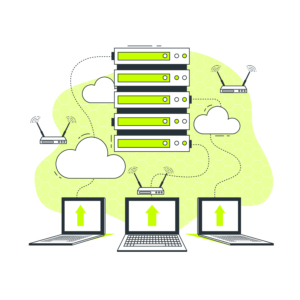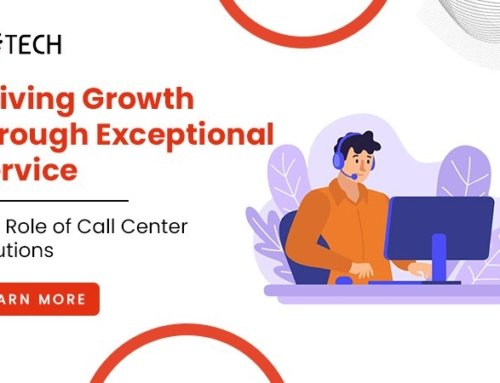
If we give two options to a business owner, he must select the good one. Because everyone like good things that are suitable or beneficial for the business. But, there is a question arises about how to choose the best one. Comparison is the best option to choose the best one between the two options like VoIP vs. PBX. Here we talk about the VoIP vs. PBX: which one is right for your business? It is beneficial for you taking the right decision for your business.
The VoIP or Voice over IP is the excellent communication technology that every business owner wants to get for their business to extend their business all over the world. Voice over IP is a technology that transfer calls over the Internet. It has the best advantage: it saves your bill 80% and cuts costs.
PBX connects all your office systems in a single network; it may be a private network or a public network. The PBX helps to free all your internal calls and also free your transfer calls. It increases your calls rather than the telephone lines.
It is a beautiful opportunity for your business if you want to replace your traditional phone system with VoIP and PBX. Both give more benefits to your business communication system. If it is difficult for you, then we help you to decide which one is right for your business.
VoIP(Voice over IP)
VoIP(Voice over IP) provides communication over the Internet. The audio, video and data are also transmitted over the Internet. VoIP service does not require any hardware for setup. VoIP service helps to solve your every business communication problem.
VoIP is also a Virtual Phone system that helps to grow your business virtually. It brings great opportunities for remote employees, online workers, etc.
VoIP is a technology that enables voice data to be transmitted over an Internet connection. VoIP phone systems convert your voice into signal data, compress that data, and then convert that data into packets. The whole process occurs in real-time, almost at once. These data packets are sent to a VoIP provider via the Internet. The provider then converts them and sends them to the other device. The sound quality of VoIP may be affected by the bandwidth and the system, but various protocols and codecs are now available to ensure HD audio quality. The VoIP phone systems can provide small to large businesses with high-reliable, regular, and customised voice communications.
PBX(Private Branch Exchange)
PBX or Private Branch Exchange is a private telephone network that enables users to communicate with one another. In the PBX telephone network, the multiple hardware devices are working together.
A PBX manages a business’s internal telephone network. A PBX system manages incoming and outgoing call routing and advanced calling features.
PBX is taking more time to set up. You need a physical space in the office or the house to set up a PBX system, such as a closet room or a server room.
VoIP vs. PBX
A PBX is an analog phone system that connects your business to a provider or client via a physical phone line. On the other hand, VoIP is a digital phone system that converts your audio call into signals and sends them over the Internet to the caller on the other end of the line.
Analog-compatible phones are required for PBX phone systems. In some cases, your phone company may sell hardware that is required to use their service.
Another difference is that VoIP systems can communicate with various digital software platforms, whereas PBX systems cannot. It is simple to record calls automatically using software on your computer auto-transcription for calls and voicemails with VoIP.
VoIP systems can also communicate with automation workflow software, allowing you to route calls within your company to one voicemail account and calls from outside your company to another.
Your choices for call routing, recording, and voicemail on a PBX phone system are limited to the features built into your handset.
The VoIP phone systems increase the value of enterprises hosted in-house. Most businesses do not want to go this route because self-hosting a phone system involves higher setup costs and ongoing
maintenance. The VoIP(Voice over IP) phone system is fully customised to meet your business’s needs and eliminate the need for third-party providers. There is no way to self-host your business phone system with PBX.
The one significant advantage of PBX phone systems over VoIP is that they are more efficient and reliable. PBX phone systems use dedicated phone lines shared by only a few other devices in your company.
In actuality, many PBX systems will even function during a power failure. That’s important if your company needs to keep running during a significant storm or another event that strikes out power in your area.
VoIP, on the other hand, is dependent on your Internet service. Suppose your business loses power or has a network outage due to an internal problem or issues at your Internet Service Provider’s data centre. In that case, your phone service will be unavailable. VoIP calls may suffer from poor sound quality or intermittent connections if your company uses all of its network bandwidth.
The bottom line is that if reliability is a top priority for your business, PBX has a significant advantage over VoIP.
Another factor to consider when choosing a phone system is where your company will be in a few years. Unfortunately, PBX phone systems can be challenging to scale as your company grows. Each phone line necessitates the installation of an additional physical cable into your building. When your available lines are depleted, you may need to pay for costly electrical work to bring in more.
Contact your service provider to scale up a VoIP system and request another line. You may need to increase your network bandwidth to handle the increased demand for your company’s Internet connection. However, contacting your Internet Service Provider or purchasing additional network hardware makes this relatively simple.








